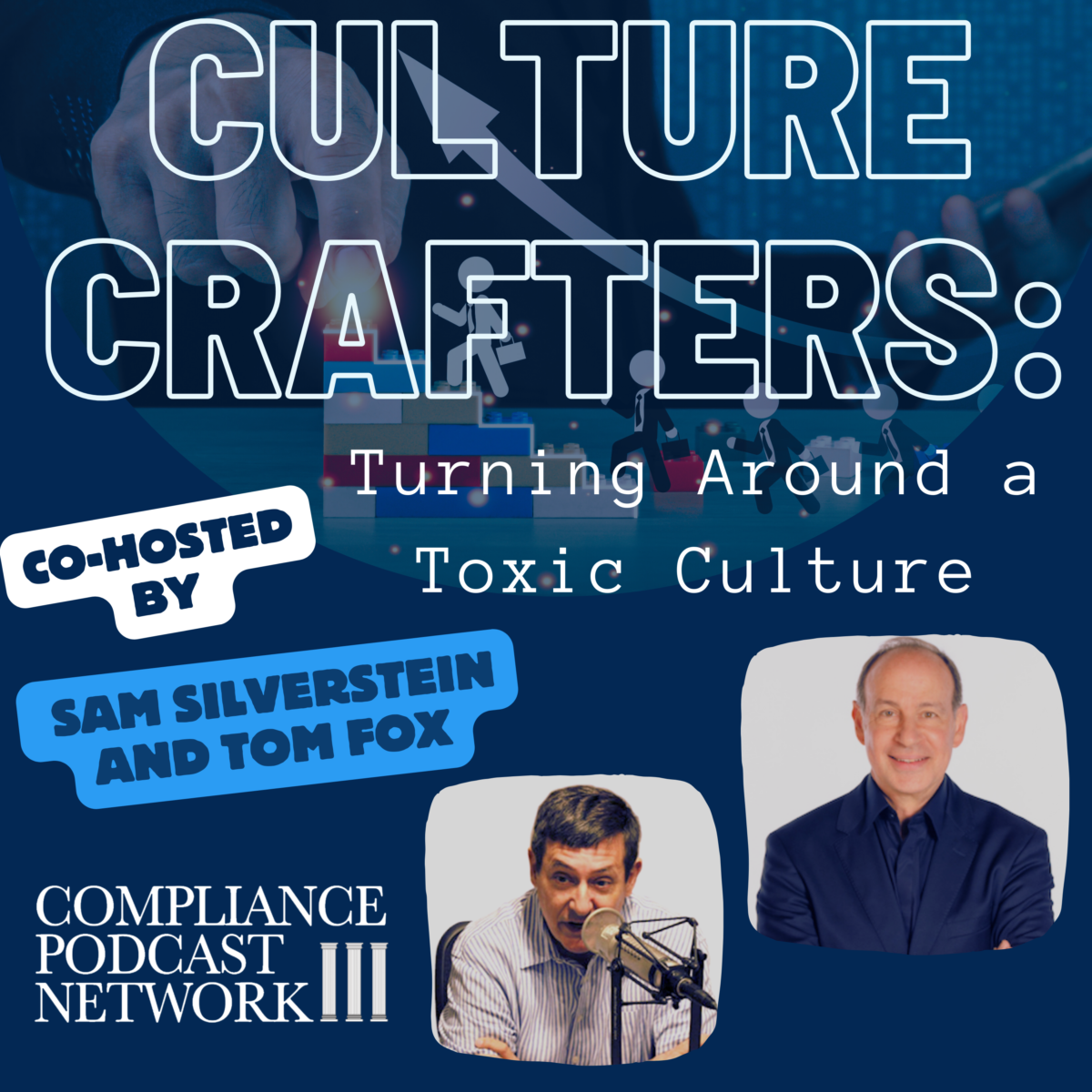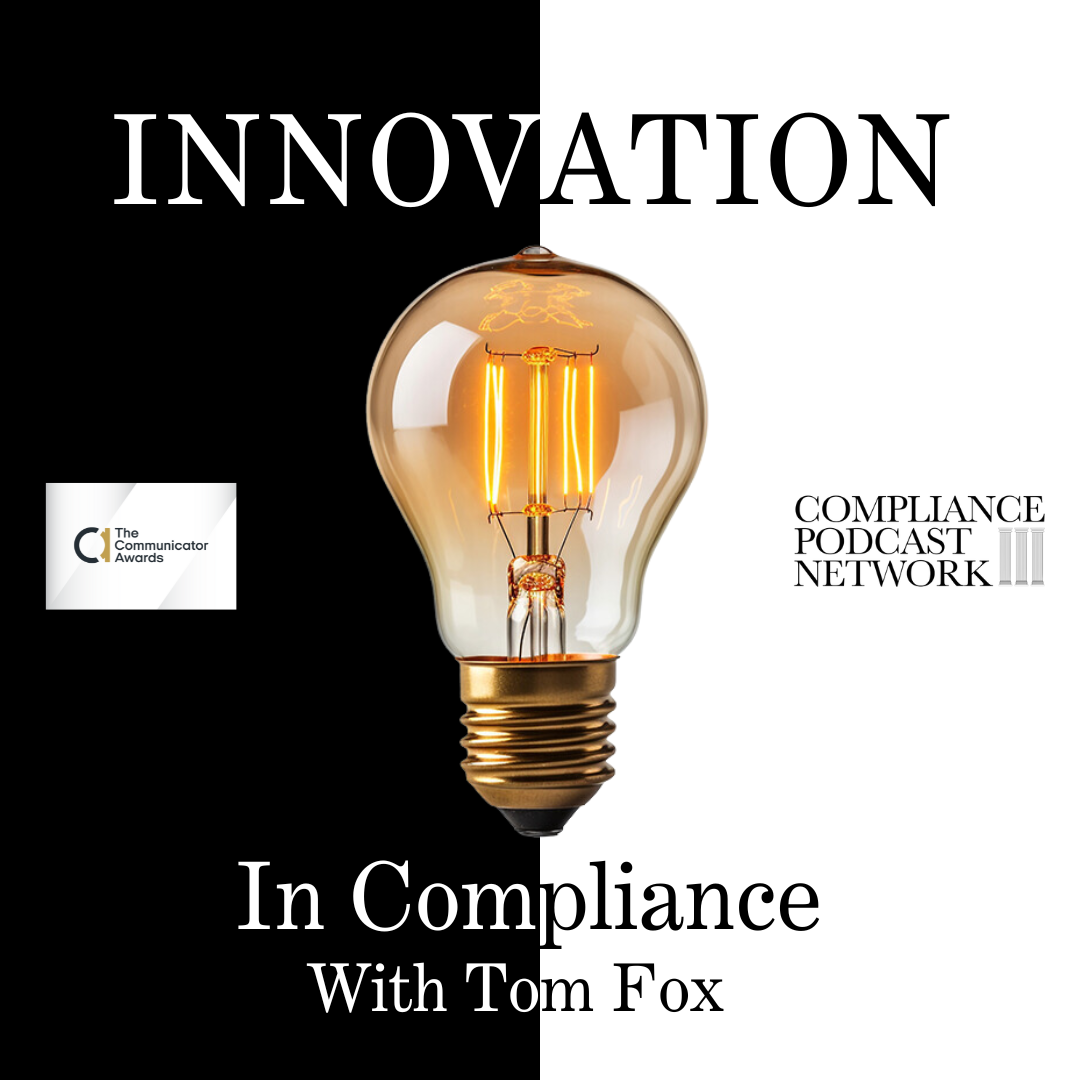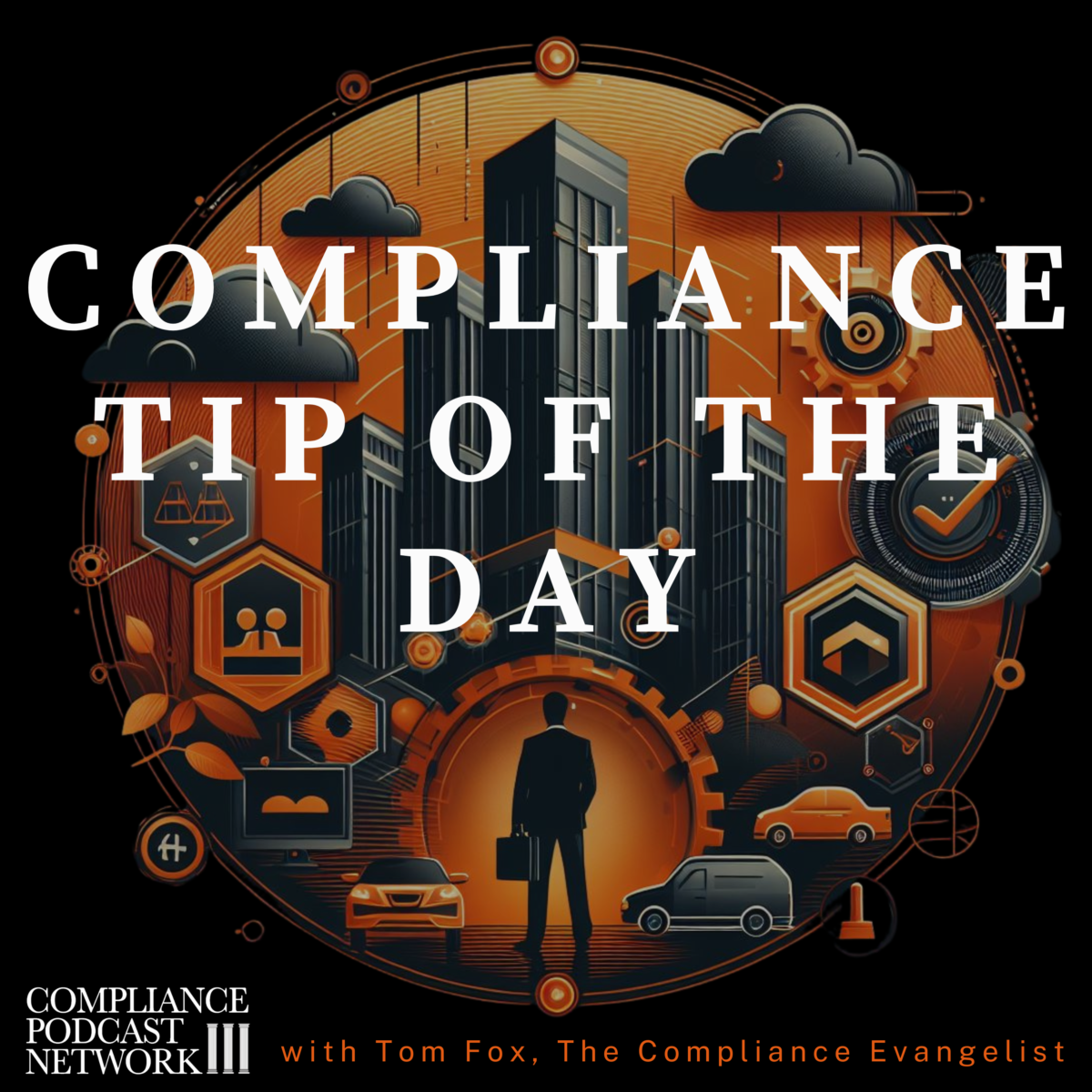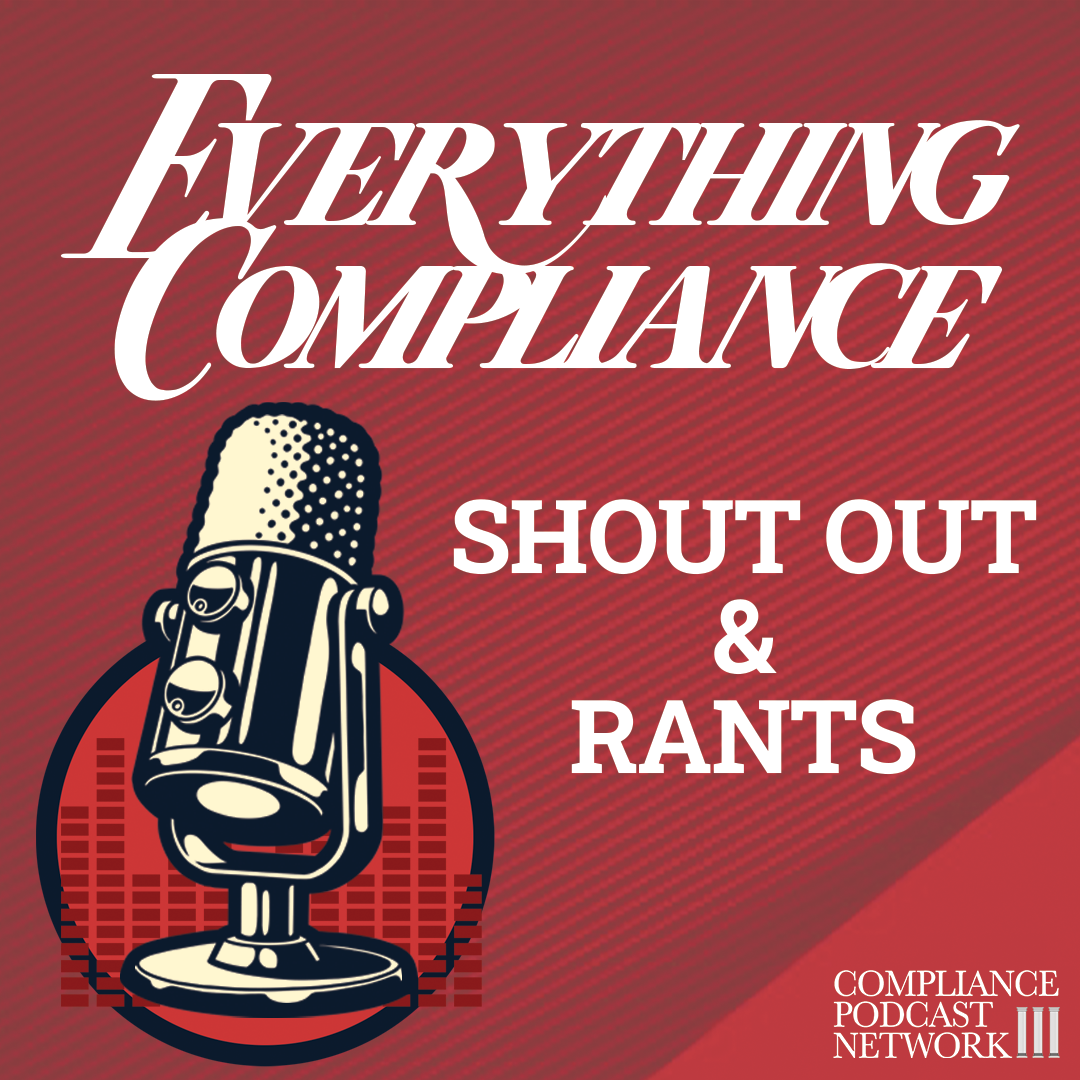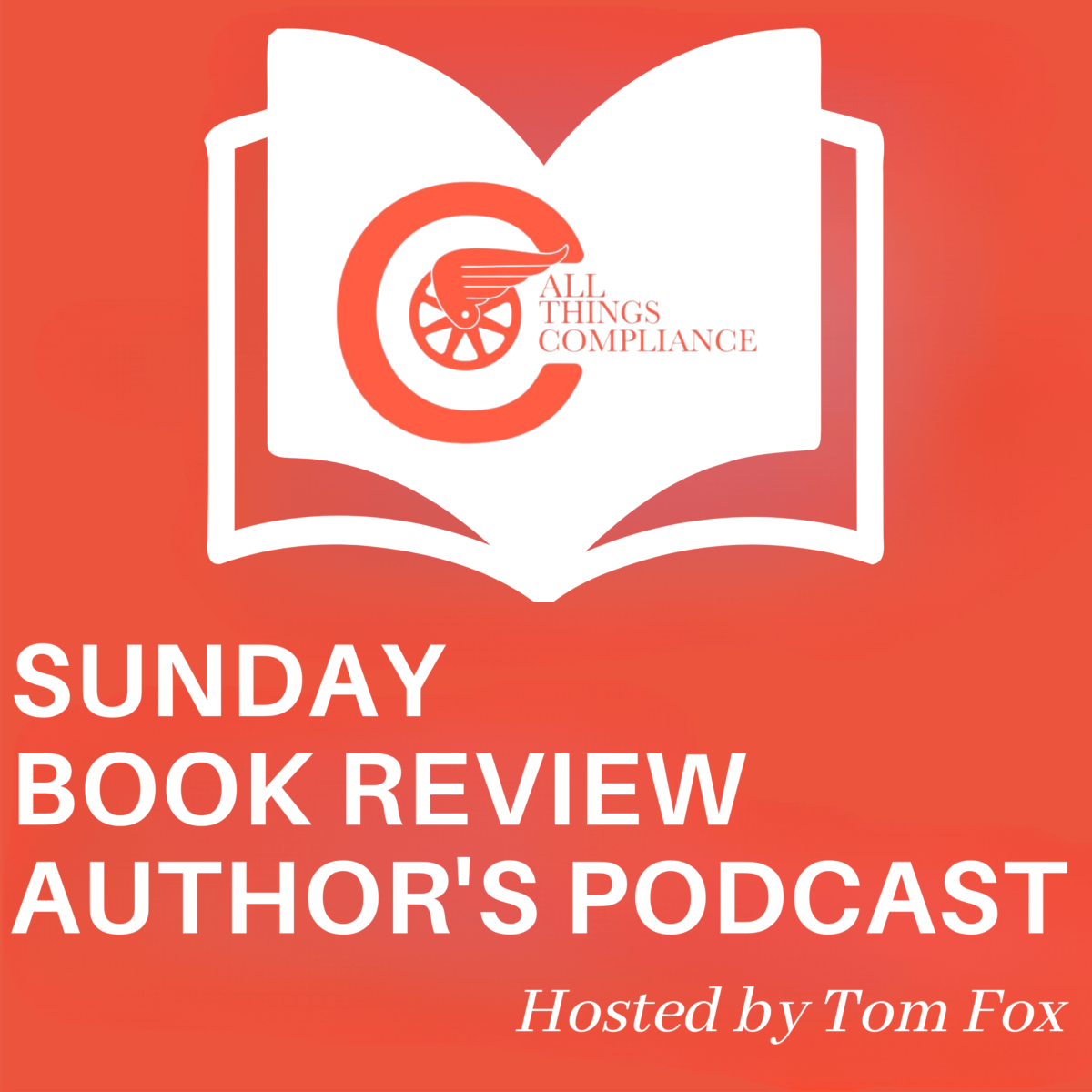Boeing is not the first company to find itself amid a massive scandal. You can think of Siemens’ bribery and corruption scandal, the VW emissions-testing scandal, the Wells Fargo fraudulent accounts scandal, or any other myriad of corporate scandals where culture failed and created a toxic culture. The question for any organization in such a situation is how to transform its culture. Currently running on the Culture Crafters podcast on the Compliance Podcast Network is a 5–part of podcast series with myself and Sam Silverstein, the most trusted voice in America on accountability. (The Culture Audit™ is the sponsor of this blog post series.)
In this companion, 5-part blog post series, we look at how a company in the depths of such a toxic culture can begin to make a comeback by planning and taking concrete steps to turn around and rebuild its culture. In Part 2, we consider the role of leadership in any cultural transformation.
Exploring the pivotal role of senior leadership in driving cultural change underscores the top-down approach necessary for successful transformation. In organizational culture, the influence and accountability of senior management and the Board of directors cannot be overstated. Leaders at the helm of an organization must demonstrate unwavering commitment to shaping a positive culture by embodying the values and behaviors they wish to instill throughout the company.
But what are the implications of leadership beliefs and actions on cultural transformation? Leaders must consistently demonstrate their commitment to ethics, quality, and employee well-being. Leaders serve as the ultimate culture architects. Senior leaders set the tone for the entire organization through their decisions, communication, and actions, influencing every aspect of the workplace culture and employee behavior. This underscores the direct correlation between leadership effectiveness and the successful transformation of a toxic culture into one that thrives on trust and accountability.
Sam Silverstein encapsulated the essence of the discussion: “Well, everything rises and falls on leadership.” This highlights the significant impact that leadership has on organizational culture and success. This simple yet profound statement encapsulates how influential leaders set the tone for organizational culture. Whether steering the ship toward a new direction or reinforcing existing values, senior leadership is the guiding force that shapes the managerial ethos.
The Board’s strategic imperative is upholding and championing organizational culture and its transformation. A Board must protect and defend the culture as the first point in its strategic plan. A committed board can set the tone for a culture transformation that attracts and retains top talent while fostering sustained success.
Aligning corporate beliefs with action is critical as well. There is a stark contrast between leaders who merely pay lip service to values like quality and ethics and those who actively embody and champion these principles. True leadership requires a deep commitment to values that resonate throughout the organization. A CEO must engage in trust-building and fostering accountability within an organization. This includes demonstrating an unwavering commitment to their people, earning their trust, and enabling them to perform at their best.
One way to do so is the cascade effect of organizational cultural change. Leaders at every level must uphold and prioritize a company’s defined values. By holding everyone accountable and ensuring alignment with the organization’s cultural ethos, leaders can drive meaningful change from the top down and engender trust. Trust catalyzes organizational success. When leaders prioritize building trust with their teams, they empower individuals to move forward confidently and speedily, ultimately driving higher productivity and engagement.
Key takeaways for leaders include the well-worn maxim that Actions Speak Louder Than Words. This means they must not simply state their values but actively demonstrate them through their actions. Leaders must visibly display actions and make decisions that connect to and support them. This authenticity and consistency in behavior are essential in fostering a culture of trust and accountability.
CEOs are accountable for fostering cultural change by prioritizing their people and standing up for values such as quality and ethics. The accountability is to his people or her people and for their people. This accountability involves being accessible, listening to employees, and taking decisive action to uphold the desired culture.
In conclusion, effective cultural transformation requires strong leadership commitment, visible actions aligned with values, and a cascading effect of cultural priorities from the top down. Organizations can create a positive workplace environment that drives success and employee satisfaction by prioritizing ethics, valuing people, and fostering a culture of trust. As Sam Silverstein aptly puts it, “When your people fully trust you, they can go forward at a much faster speed.”


